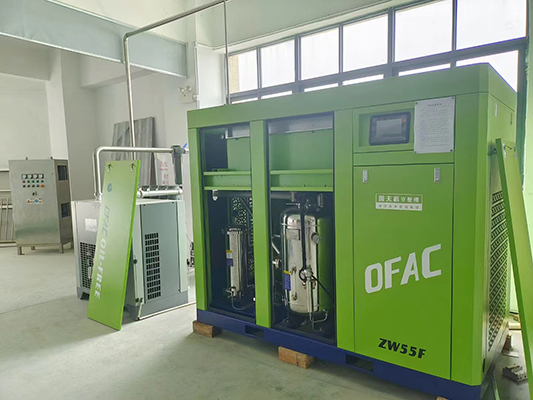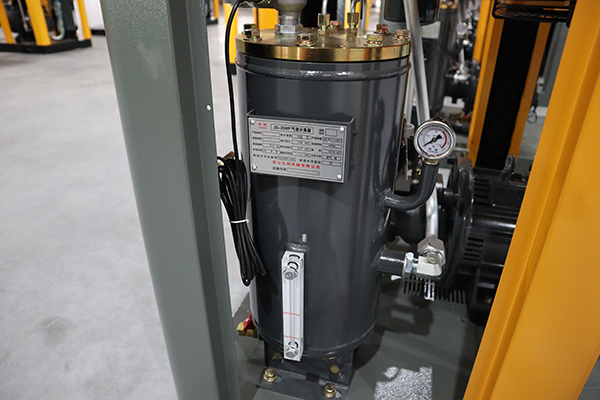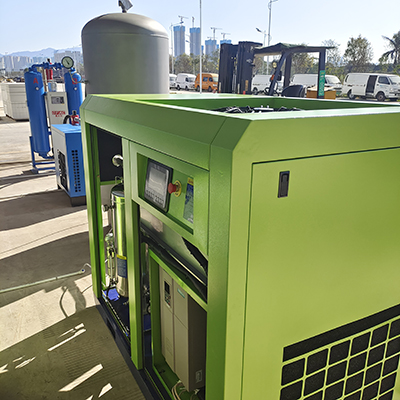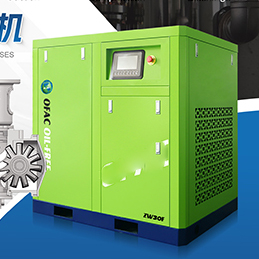Rotary Screw Air Compressor Maintenance Schedule Tips
News 2025-10-24
Rotary screw air compressors are indispensable in industrial environments, providing reliable compressed air for applications like manufacturing, construction, and automotive repair. Their design allows for continuous operation with high efficiency, but regular maintenance is essential to sustain performance and prevent failures. A well-planned maintenance schedule helps mitigate risks such as overheating or component wear, ensuring smooth operations and cost savings in energy-intensive processes.

Creating a Customized Maintenance Timetable
A maintenance schedule should be based on the compressor’s usage and manufacturer guidelines. For instance, in high-demand settings like factories, daily inspections might include checking oil levels and listening for unusual noises, while weekly tasks could involve examining belts and hoses for wear. Monthly reviews might focus on filter changes and pressure tests. Tailoring the timetable to specific conditions, such as operating hours or environmental factors, allows for proactive issue resolution and maintains peak efficiency.
Core Maintenance Activities
Key tasks include regular oil and filter replacements, which are vital for lubricating components and preventing contaminants from causing damage. For rotary screw models, oil changes every 1,000 to 2,000 hours can reduce friction and extend lifespan. Additionally, inspecting cooling systems and electrical connections helps avoid overheating and electrical faults. Performing these activities consistently supports the compressor’s reliability in demanding scenarios, such as continuous production lines where air quality directly impacts product output.
Enhancing Performance Through Regular Upkeep
Consistent maintenance improves energy efficiency and reduces downtime, critical factors in industrial operations where compressed air drives machinery. By addressing minor issues early, businesses can avoid major repairs and enhance system longevity, leading to better cost control. In applications ranging from food processing to metalworking, a robust schedule ensures compressors deliver optimal air pressure, supporting productivity and safety standards while minimizing environmental impact through lower energy use.


